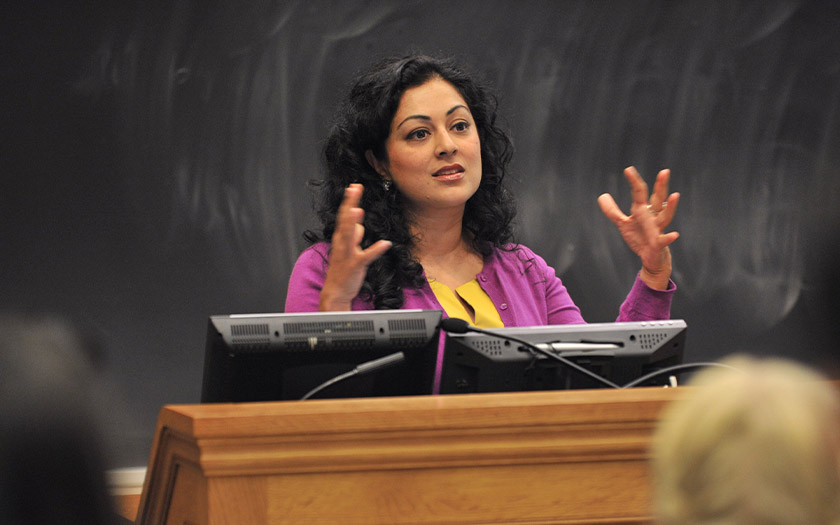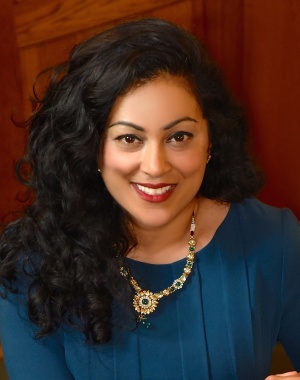
Earlier this month, Shobita Parthasarathy spoke at the American Association for the Advancement of Science (AAAS) Annual Meeting in a session titled, “Revisiting Asilomar Fifty Years Later: Who is in the room when we talk about AI?”
The session examined the legacy of the Asilomar conference, which involved approximately 140 scientists from the US and UK discussing the risks of recombinant DNA research and developing a regulatory approach that eventually shaped NIH guidelines as well as the U.S. approach to genetically modified organisms. While Asilomar is often praised for demonstrating how scientists can self-regulate to address the risks of emerging technologies, Parthasarathy is critical of this view. She argued that the framing from Asilomar has hindered scientists' understanding of public concerns, negatively affecting global public trust in science and technology.
Parthasarathy stated, “Asilomar reinforced an approach to controversial technologies that centers the knowledge of technical experts instead of publics, assuming that technical knowledge is the most important thing to resolve the controversy.”
She contends that public involvement is equally important in these discussions. According to Parthasarathy, scientists play in significant role in policy making, allowing them to shape the narrative while disregarding public concerns regarding emerging technologies. Because only scientists attended Asilomar, the conference primarily addressed whether genetically modified organisms created environmental and occupational risks, neglecting issues like agricultural consolidation, excessive privatization of the public domain, and ethical considerations.
Focusing solely on technical knowledge “has exacerbated publics’ disaffection with science, as they feel that it is quite far from their needs and considerations and doesn’t relieve their values,” Parthasarathy explained. “Publics increasingly feel like they are fundamentally affected by science and technology policies, but they have little opportunity to shape them,” causing “a growing crisis of public trust.”
Additional commentary from Parthasarathy on this issue:
